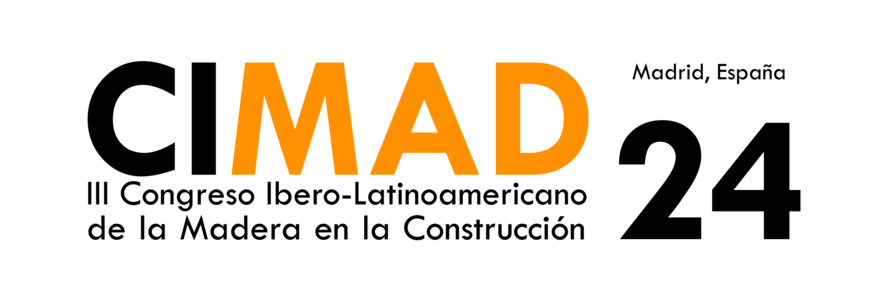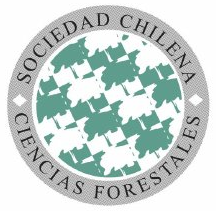Effect of microwave heating on ph and termite resistance of Pinus roxburghii wood
Keywords:
Dielectric treatment, durability, impregnation, Odentotermes obesus, pineAbstract
This study investigated the effect of microwave treatment on wood pH and termite resistance. Pinus roxburghii heartwood was exposed to four different microwave intensities at 2450 MHz frequency for 5 minutes. Preservative impregnation, pH variation and termite resistance of microwave-treated and control specimens were studied. Wood pH decreased from 4.6 (C1) to 3.9 (T4) and preservative uptake increased (i.e., 10.41 to 21.61 kgm-3) with increasing microwave treatment intensities. However, microwave treatment had little effect on termite resistance.
Downloads
References
Duarte, S.; Welzbacher, C. R.; Duarte, M.; Nunes, L. 2012. Assessment of Thermally Modified Timber (TMT) through Subterranean Termites Feeding Behaviour. In Proceedings of the Sixth European Conference on Wood Modification, Ljubljana,Slovenia. 235-238.
Dashti, H; Tarmian, A; Faezipour, M; Hedjazi, S; Shahverdi, M. 2012. Effect of microwave radiation and pre-steaming treatments on the conventional drying characteristics of fir wood (Abies alba L.). Lignocellulose 1: 166–173.
IS: 401. 2001. Preservation of timber-code of practice. Bureau of Indian standards. Manak Bhawan, New Delhi, India.
Luna, R.K. 2005. Plantation trees. International Book Distributors, Dehradun, India. 950pp.
Metsa-Kortelainen, S.; Paajanen, L.; Viitanen, H. 2011. Durability of thermally modified Norway spruce and Scots pine in above-ground conditions. Wood Material Science and Engineering 1: 1-7.
Niemz P.; Hofmann T.; Retfalvi T. 2010. Investigation of chemical changes in the structure of thermally modified wood, Maderas-Cienc Tecnol 12(2): 69-78.
Nuopponen, M.; Vuorinen, T.; Jamsa, S.; Viitaniemi, P. 2004. Chemical modifications in heat -treated softwood studied by FT-IR and UV resonance Raman (UVRR) spectroscopies. Journal of Wood Chemistry and Technology 24:13–26.
Poonia, P. K.; Hom, S. K.; Sihag, K.; Tripathi, S. 2016. Effect of Microwave treatment on Longitudinal Air Permeability and preservative uptake characteristics of chirpine wood. Maderas-Cienc Tecnol 18(1): 125 – 132.
Poonia, P. K.; Tripathi, S. 2017. Effect of MW heating on pH and durability of Eucalyptus tereticornis wood. Journal of Tropical Forest Science 29(3): 389–394.
Ramezanpour, M.; Tarmian, A.; Taghiyari, H R 2014. Improving impregnation properties of fir wood to acid copper chromate (ACC) with microwave pre-treatment. iForest (early view): e1-e6 [online 2014-04-01] URL: http://www.sisef.it/iforest/contents/? id=ifor1119-007
Sinthole, B. 2005. New method of measuring the pH of wood chips. Pulp and paper Canada 106(11): 25-42.
Shukla, K.S. 1977. Preliminary investigations on the termite resistance of wood wool boards. J Timber Development Association 23(1):21-23.
Torgovnikov, G.; Vinden, P. 2009. High intensity microwave wood modification for increasing permeability. Forest Prod J 59(4): 84–92.
Treu A.; Rieche H.; Militz H. 2008. Spruce and pine heartwood treatment by means of microwave radiation IRG document no. IRG/WP 08-40411 the International Research Group on Wood Protection, Stockholm.
Vinden, P.; Torgovnikov, G.; Hann, J. 2010. Microwave modification of radiata pine railway sleepers for preservative treatment. Eur J Wood Prod 69(2):271-279.
Windeisen, E.; Strobel, C.; Wegener, G. 2007. Chemical changes during the production of thermo-treated beech wood. Wood Sci Technol 41: 523–536

































